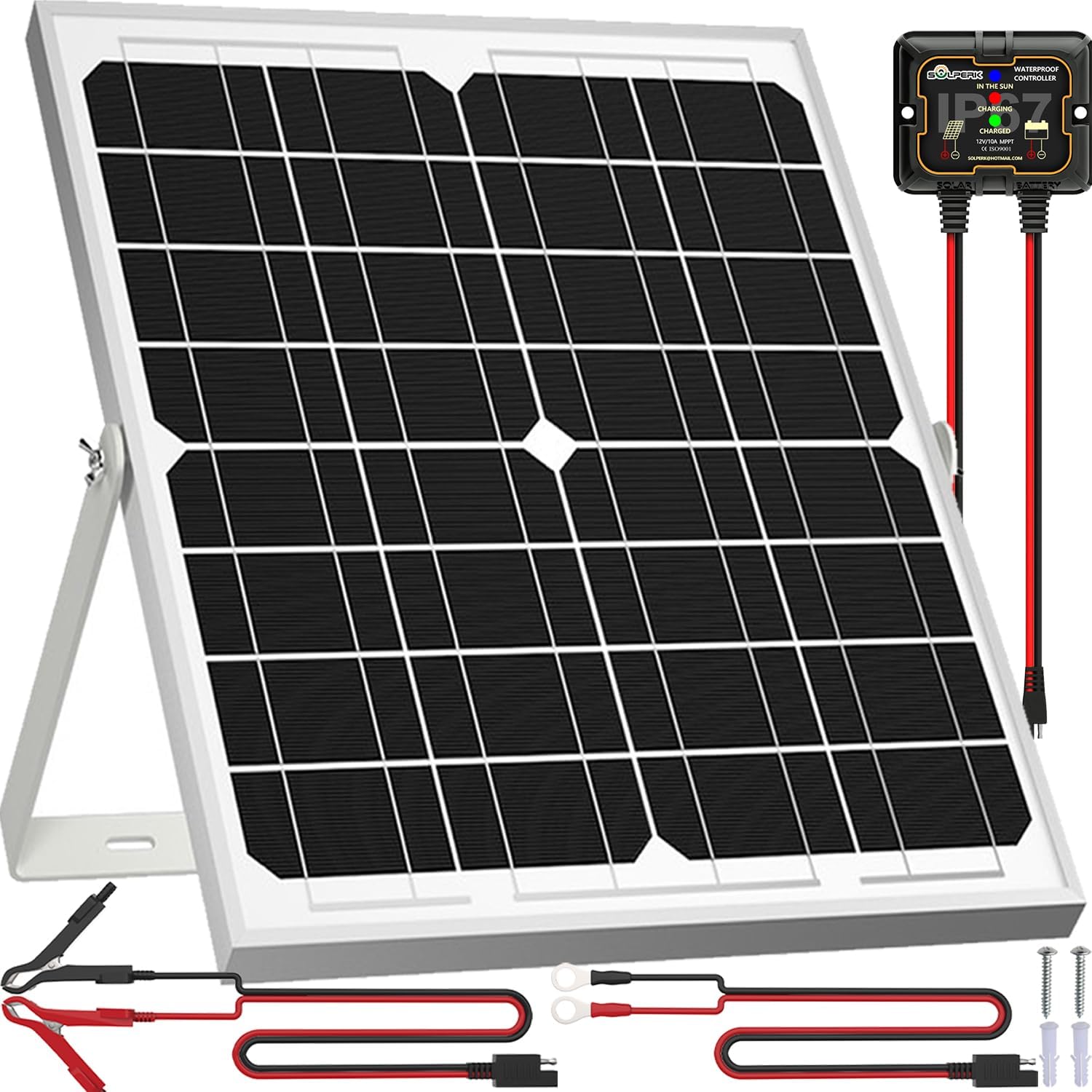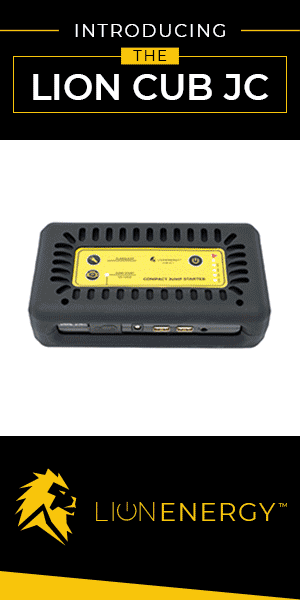Introduction
Choosing the best solar system for RV living is the key to unlocking energy independence, slashing campsite costs, and enjoying off-grid adventures without sacrificing comfort or convenience.
Why Every RV Owner Needs a Reliable Solar Setup
Whether you’re camping in remote national parks or dry-docking at a music festival, a reliable solar system eliminates the need for noisy, high-maintenance generators. Traditional power solutions not only limit your mobility but also increase wear on your RV’s electrical system.
Solar systems offer a silent, eco-friendly power source that works while you drive, hike, or relax. For those who value sustainability, peace, and lower travel costs, switching to solar isn’t just a choice—it’s a necessity.
Components That Make Up the Best Solar System for RV
Each solar power setup includes several key components that determine how well it performs. Let’s break them down:
High-Efficiency Solar Panels
Solar panels are the heart of your RV energy system. Here’s how the two main types compare:
-
Monocrystalline Panels: More efficient, space-saving, and ideal for RV roofs with limited real estate. They perform better in shaded or cloudy conditions.
-
Polycrystalline Panels: More affordable but bulkier and less efficient, making them better suited for RVs with larger rooftops or budget-conscious setups.
Bonus Tip:
Look for portable solar panel kits if your RV roof lacks space or you want the flexibility to park in the shade and charge in the sun.
MPPT Charge Controllers: Maximize Power Harvest
A Maximum Power Point Tracking (MPPT) controller dynamically adjusts voltage to extract the most energy from your panels. Compared to PWM (Pulse Width Modulation) controllers, MPPT models offer:
-
Up to 30% more charging efficiency
-
Compatibility with higher voltage arrays
-
Optimal performance in variable sunlight
Investing in a good charge controller ensures your batteries are charged faster and more efficiently.

Deep-Cycle RV Batteries: Power Storage That Lasts
RV solar systems are only as good as the batteries they charge. Here’s what you should know:
-
Lithium Iron Phosphate (LiFePO4): Lightweight, long-lasting (up to 10 years), and supports deep discharges without damage. Higher upfront cost, but best for full-time RVers.
-
AGM Batteries: Spill-proof, maintenance-free, and more affordable, but bulkier and shorter-lived. Good for weekend or part-time users.
Inverter: Powering Your Appliances
An inverter converts 12V DC (direct current) power into 120V AC (alternating current) so you can run appliances like microwaves, laptops, and TVs. Choose an inverter with pure sine wave output for sensitive electronics.
Best Solar System for RV: 2025 Buying Guide
Here’s a deeper dive into this year’s top-rated kits across different needs:
🔋 Renogy 400W Solar Kit – Best Overall Value
-
Specs: 4x 100W panels, MPPT controller, fuse, mounting gear
-
Pros: Expandable, lithium-compatible, weather-resistant
-
Cons: No battery included
-
LSI Keywords: renogy solar system review, expandable RV solar kit
🌞 Go Power! Weekender ISW – Easiest to Install
-
Specs: 160W panel, 1500W inverter, 30A controller
-
Pros: Simple for DIYers, prewired for quick setup
-
Cons: Limited expansion
-
LSI Keywords: plug and play solar kit, RV inverter system
🔌 Eco-Worthy 800W System – Best for Energy Hogs
-
Specs: 8x 100W panels, 60A controller, optional battery bank
-
Pros: Great for large setups, strong charge rate
-
Cons: Heavy and space-consuming
-
LSI Keywords: high wattage solar system, RV solar for AC units

How to Size the Best Solar System for Your RV Lifestyle
Proper system sizing ensures you never run out of power. Consider your daily watt-hour needs and peak sunlight hours.
Step-by-Step Example:
-
Estimate Power Usage:
-
LED Lights: 20W × 4 hours = 80Wh
-
Laptop: 60W × 5 hours = 300Wh
-
Refrigerator: 50W × 24 hours = 1200Wh
-
Fans/Small Appliances: 100W × 2 hours = 200Wh
-
Total = 1780Wh/day
-
-
Divide by Average Sun Hours:
-
If you get 5 sun hours/day: 1780Wh ÷ 5h = ~356W needed
-
Add 20% buffer → Aim for 400W solar panel capacity
-
-
Battery Sizing:
-
Use a 12V system: 1780Wh ÷ 12V ≈ 148Ah
-
Recommended: 200Ah lithium battery bank
-
Hidden Costs and Mistakes to Avoid
Common Pitfalls:
-
Undersizing your solar array
-
Overloading the inverter
-
Ignoring ventilation for batteries
-
Skimping on wiring quality
Hidden Costs:
-
Battery monitor systems
-
Extra fuses and breakers
-
Tilt mounts or brackets for seasonal use
Avoiding these mistakes ensures a longer-lasting, trouble-free solar experience.

Real-World Testimonials from RV Owners
“Since switching to a Renogy 400W system, we’ve been off-grid for weeks at a time. We’re running our fridge, lights, laptops—and even a blender!” – Liam & Zoe, Full-time RVers
“The Go Power! kit made solar feel plug-and-play. It literally took one afternoon to set it up. Can’t believe I waited this long.” – David W., Weekend Vanlifer
FAQs
Final Thoughts: The Best Solar System for RV Freedom in 2025
Choosing the best solar system for RV use means analyzing your power needs, mobility goals, and long-term travel plans. With the right combination of panels, batteries, and controllers, you’ll gain the freedom to explore, work remotely, or simply relax—anywhere the road takes you.
No hookups, no noise, no stress. Just pure, renewable power—right from the sun.
Disclosure: As an Amazon Associate, I earn from qualifying purchases.



